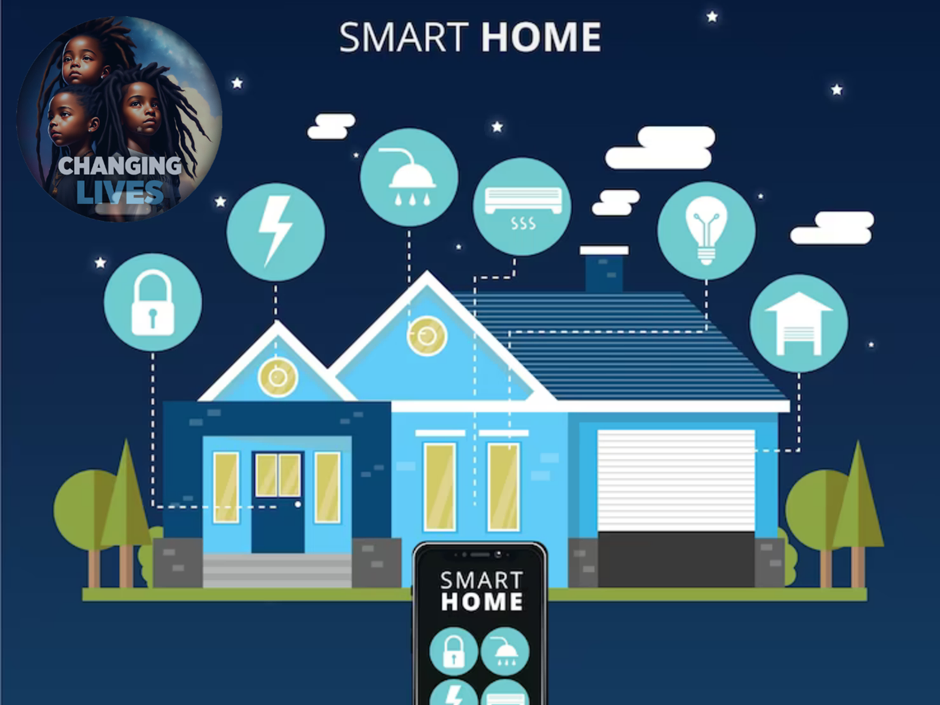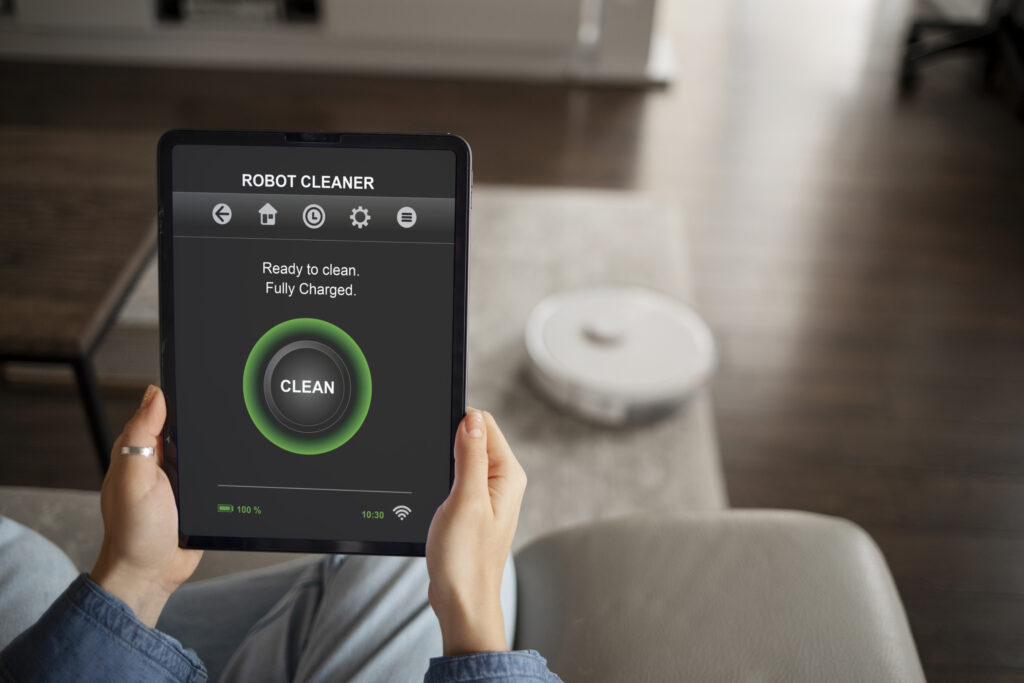In today’s digital world, smart home devices like Alexa and Google Home are becoming essential tools for convenience and automation. From controlling lights to playing music with voice commands, they have transformed how we live. However, as more people adopt these gadgets, concerns about smart home security and privacy are rising. Are these devices listening to you even when you don’t want them to? In this blog, we’ll explain how they work, the risks involved, expert advice, and simple steps you can take to secure your smart devices.
Why Smart Assistants Are Everywhere
Voice-controlled devices have made everyday tasks easier. Imagine asking Alexa to play a song in Malayalam or asking Google about upcoming festivals, such as Onam. Turning off bedroom lights with a simple command saves time and energy.
But behind this convenience lies a question many users are asking:
Is Alexa or Google Home always listening to you?
Let’s explore how these devices operate and what privacy risks they may pose.

Smart Assistants in Daily Life
Imagine waking up and asking your Alexa to play a Malayalam song, getting weather updates, or controlling the lights. These tasks have become normal. The ease of saying, “Alexa, turn off bedroom lights” or “OK Google, what is Onam?” means smart speakers fit naturally into everyday routines.
What Are Smart Home Devices and How Do They Work?
Smart home devices include speakers, cameras, smart locks, lights, plugs, and more. Alexa and Google Home act as central hubs, allowing you to control these gadgets through voice commands or mobile apps.
Key features of smart devices:
- Answer questions and play music
- Adjust lights, thermostats, and appliances
- Manage shopping lists, calendars, and reminders
- Control home security with locks and cameras
How they work:
These devices use microphones and artificial intelligence to detect “wake words” like Alexa or OK Google. Once activated, they record your voice and process commands. They also store preferences and routines to personalize experiences.
What Data Do These Devices Collect?
While helping with daily tasks, Alexa and Google Home gather a lot of personal information. Here’s what they collect:
Types of data collected:
- Voice recordings and audio history
- Location data like home address and travel routes
- Contact details, calendars, and schedules
- Photos, videos, and smart display content
- Usage statistics and app activity
- Browsing history and purchase patterns
- Health information from connected fitness devices

How is this data used?
- To personalize recommendations and ads
- To improve voice recognition
- To connect with other apps and services
- Sometimes, to share with third parties for marketing or data analysis
Privacy Concerns You Should Know
Alexa and Google Home collect extensive personal data—including recordings, location, and user habits—raising real privacy concerns. Users can protect themselves by managing permissions, using strong passwords, updating devices, and opting out of unnecessary data sharing.
Despite their popularity, smart assistants raise real privacy issues. Some common concerns include:
- Devices recording without your knowledge
- Apps misusing permissions to collect data
- Hackers are exploiting weak passwords or outdated software
- Third-party sharing without consent
Important terms:
- Data mining: Analyzing your personal data to target ads or content.
- Surveillance: Watching what you do more than necessary.
- Wake words: Commands that activate the device; accidental triggers are common.
Expert Opinions on Smart Home Privacy
Goda Sukackaite, Privacy Counsel at Surfshark, warns:
“Convenience often overshadows privacy concerns. Many brands collect vast amounts of personal data, increasing the risk of theft and misuse.”
Darius Belejevas, cybersecurity expert at Incogni, adds:
“Even trusted brands can expose your data to hackers. Sharing personal information without caution leads to fraud and security threats.”
Research labs in Berlin also found that approved apps can exploit user trust, allowing attackers to steal data.
How to Protect Your Smart Devices
You don’t need to be a tech expert to safeguard your smart home. Follow these simple yet effective steps:
- Use strong, unique passwords for every device
- Secure your Wi-Fi with WPA3 encryption
- Enable two-factor authentication (2FA)
- Limit permissions — only grant microphone or camera access when necessary
- Keep devices updated with the latest software
- Separate devices by using different networks
- Use professional security solutions for cameras or locks
- Opt out of unnecessary data sharing
- Periodically delete old recordings or histories
Privacy Features to Look For
Modern devices now include privacy options to give you more control over your data:
- Privacy dashboards to review what’s being collected
- Auto-delete voice history after a set period
- Options to disable targeted ads
- Notifications for security updates
- QR-based setup to avoid default passwords

Conclusion – Stay Safe, Stay Smart
Smart home devices like Alexa and Google Home are great tools—but they come with privacy risks. Protecting your personal information doesn’t require advanced tech skills. By carefully managing settings, educating your family, and staying informed about new laws and features, you can enjoy the convenience of smart homes without compromising your privacy.
Make smart home security part of your routine today:
- Review permissions
- Update devices
- Use certified products
- Stay informed about privacy options
Stay connected, stay secure!
